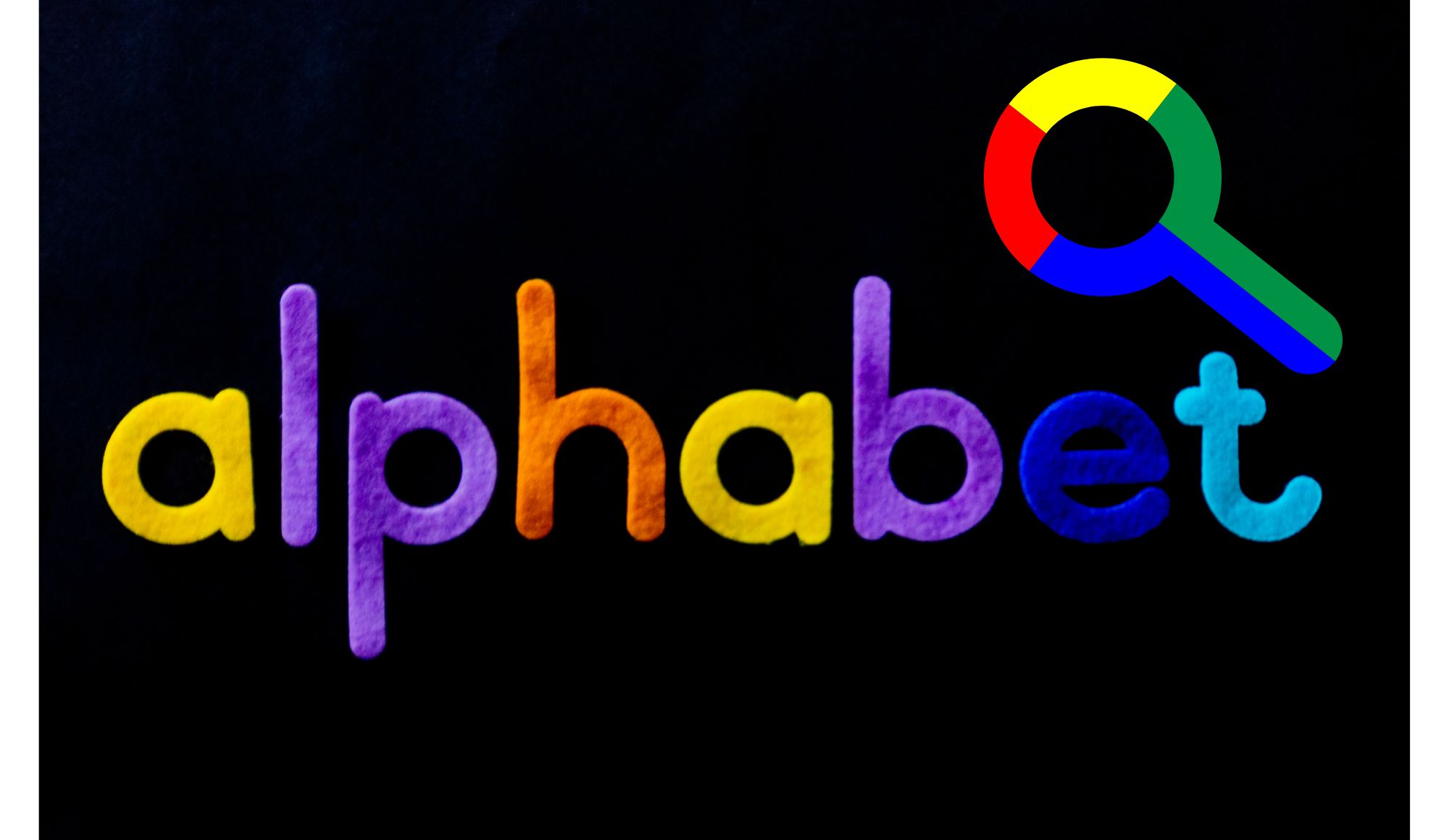Is $2 Trillion Just The Start?
There used to be a time when daring to believe a single company would be worth a trillion dollars seemed like something out of a fable. Then Apple came along, and Meta, and Microsoft. All of them broke the seemingly insurmountable barrier and kept going.
It didn’t seem long before they then went on to hit market capitalizations of $2 trillion. And more recently Nvidia joined the fray and roared past that threshold too.
But another technology titan almost got missed by investors along the way. Google parent Alphabet had started to show signs of slower growth and the market had reacted accordingly by valuing it at a discount to fair value, at least according to its cash flows.
Yet no sooner did Alphabet start to display stronger growth than the market bestowed upon it some love again, and with it a rising share price. Now eclipsing the $2 trillion market cap level, what lies next for Alphabet?
Key Points
- Alphabet has reached a $2 trillion market cap, joining tech giants like Apple and Microsoft, overcoming earlier concerns of slowing growth.
- Gemini, is revolutionizing its offerings like Gmail and Google Docs, enhancing user experience and contributing to a 28% growth in Google Cloud.
- Strong earnings growth and a competitive PE ratio position Alphabet for a potential $3 trillion valuation.
AI Accelerates Alphabet Growth
Google still generates most of its money from advertising via Search and YouTube but when you start to play with its Gemini tool you quickly see how arcane Search appears to be in its current form.
Why enter a search query and get a list of links when you can ask a question that will perform computations, analyze documents, summarize essays, create frameworks, and be limited by nothing more than your imagination.
Now add that capability across an entire product suite and you end up with a more efficient, more consumer-friendly and personalized solution that has the potential to disrupt the firm’s existing product line-up and make it that much better.
Gemini is already accessible to over 100 million users of Gmail, Docs and Google One. And then there’s price tag under $20 that many users will deem acceptable given that enormous capabilities that can be unlocked by artificial intelligence.
The resumption of growth is not limited to the tried and tested tools used by the public but to cloud users too.
Google Cloud continues to grow rapidly
While Google Search remarkably rose yet again by double-digits, a full 14% and change, Cloud posted an even more impressive 28% gain on a year-over-year basis.
That’s the kind of growth that would keep investors happy if they were seeing it occur in a small company let alone a behemoth like Alphabet.
The dependency on Cloud is massive, particularly among smaller firms that are near the billion-dollar market, where management claims to enjoy about 90% share versus arch-rivals Microsoft and Amazon.
Thanks to its incorporation of Nvidia for AI training and purpose-built datacenters, Alphabet is winning over ambitious young companies looking to disrupt the world through AI.
Is $3 Trillion Possible?
Now that Alphabet has eclipsed the $2 trillion threshold, the next obvious stopping point is $3 trillion, but is it possible?
Earnings per share soared by over 60% year-over-year, and that metric too is well-respected and keenly regarded by Wall Street. With a PE ratio of around 26x, Alphabet isn’t much more expensive than Apple and considerably cheaper than Nvidia.
Yes it’s likely to take some time before the next trillion dollars of value is tacked on but fast revenue growth driving even faster earnings growth is something you want to bet on not against, and the winds of fortune continue to favor Alphabet as they have done for decades, so this is not a stock to bet against hitting $3 trillion in the next 5-7 years.



